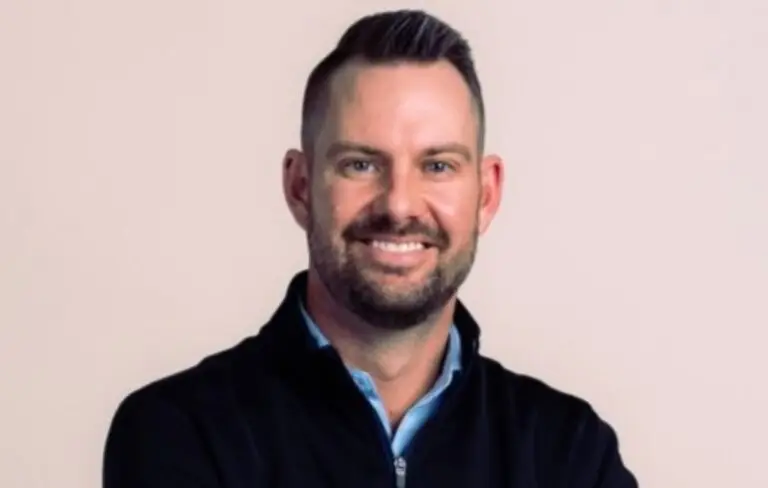The unfolding saga of Hillary Clinton campaign’s effort to dig up dirt on then-candidate Donald Trump has illuminated a shadowy world of Washington law firms and “opposition research consultants” specializing in uncovering information their opponents would rather keep hidden.
It also illustrated the risks of doing business with law firms likely to wind up on the wrong side of a presidential election. It was a politically connected corporate law firm in Washington, Perkins Coie, that hired former Wall Street Journal reporter Glenn Simpson’s Fusion GPS to dig the dirt on Trump. But the congressional investigation into Fusion GPS soon thrust another prominent law firm into the spotlight: BakerHostetler. The Cleveland law firm founded by President Truman’s secretary of war in 1916 has grown into one of the world’s largest, with clients like Ford Motor, Caterpillar, Walmart and Microsoft.
The firm also represented the Cypriot company Prevezon, which U.S. prosecutors accused of involvement in a $230 million tax fraud perpetrated by corrupt Russian officials. BakerHostetler declined comment, but in 2017 Simpson testified to congressional investigators that the law firm hired Fusion GPS to help deflect blame from Prevezon in the U.S. money-laundering case, which Prevezon ultimately settled for $5.9 million.
Prevezon’s legal strategy was to pin the blame on financier William Browder, who uncovered the tax fraud after hiring a Russian lawyer, Sergei Magnitsky, to investigate a Mafia-style takeover of his Hermitage Capital Management in Moscow. Magnitsky revealed an audacious scheme where corrupt Russian officials seized Hermitage’s records, created fake companies and fleeced the Russian Treasury for fraudulent tax refunds. In typical Putin fashion, the Russians arrested Magnitsky, not the perpetrators, and he died in prison in 2009. Congress passed the Magnitsky Act in 2012 to punish Russian officials believed to be responsible for his death.
“Big law firms will find increasingly that the old defense of ‘everyone deserves representation,’ while ethically and legally viable, will become more of a challenge for their brand.”
In June 2016, Prevezon’s Russian lawyer, Natalia Veselnitskaya, met with Donald Trump Jr. in search of post-election relief from the Magnitsky Act. BakerHostetler got another black eye a few months later when the Second Circuit Court of Appeals ruled the firm had a conflict of interest because it had represented Browder and Hermitage back in 2008 and was now trying to make its former clients the scapegoats in the money-laundering scheme.
The cascade of news out of Washington, New York and Russia has obviously rattled partner John Moscow, who represented Hermitage and Prevezon. “You have a committee that’s looking into Russian attacks on the American election system, and they go off into Prevezon, and if you’ll pardon my French, well what the f**k do those two things have to do with each other?” Moscow fumed to the National Law Journal. “That comes out of nowhere.”
Large law firms—and their clients—had better get used to it. Pressure to increase profits has driven big firms like BakerHostetler to open offices in foreign countries and pursue matters they may have avoided before, says Richard Levick, who advises law firms on public relations and mergers. “The law firm never wants to be the center of the story,”
Levick says, adding that CEOs shouldn’t avoid a good firm simply because one of its clients is the subject of bad publicity. On the other hand, “we are now in an age where all companies find everything they do is politicized. Big law firms will find increasingly that the old defense of ‘everyone deserves representation,’ while ethically and legally viable, will become more of a challenge for their brand.”
Their brand, and their client’s.
Read more: Beware Obama’s Labor Legacy







